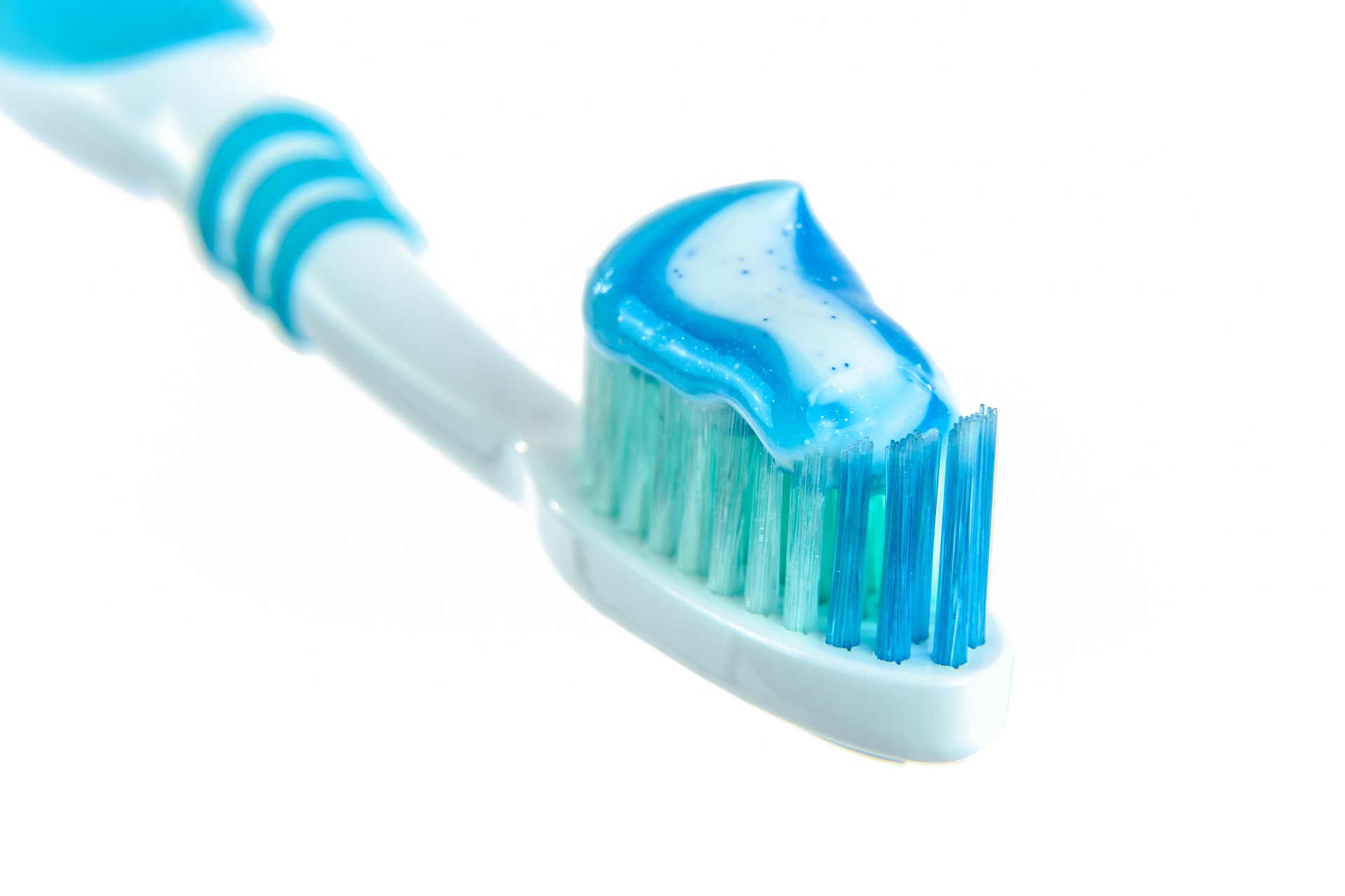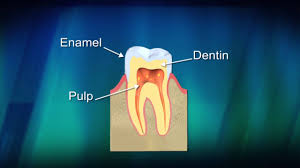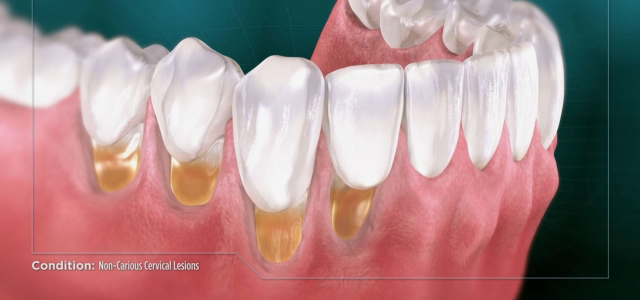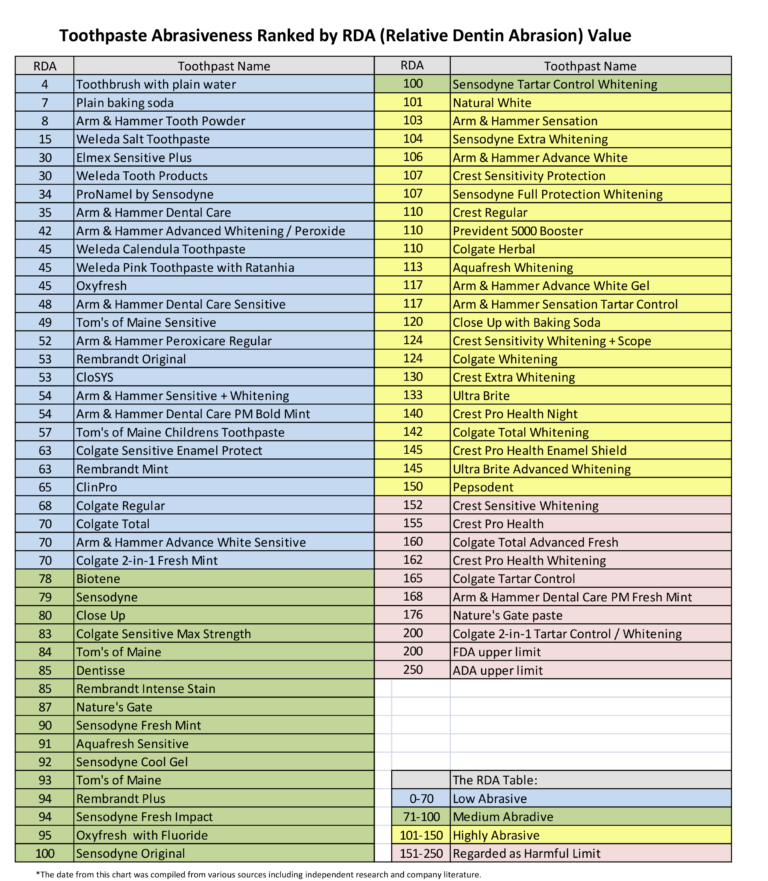Choosing Toothpaste – Which Is Right For You?
Have you ever stood in the supermarket aisle feeling confused? Which toothpaste should you use?

“My teeth are quite sensitive to cold drinks in general,” the patient mentioned. “What toothpaste do you use?” I asked. “I prefer to buy whitening toothpaste!” she replied.
Recap: What is A Tooth Like?

You may be surprised to know that a tooth is not the same throughout. In simplified terms, a normal tooth has 3 Layers:
Enamel – the outermost layer on the top is non-living tissue.
It is similar to your hair or nails. Can your tooth’s enamel feel pain? NO!
Dentin – the middle layer below the enamel has living cells and can give sensitivity or pain when it is chipped or drilled.
Drilling into dentin is like cutting your nails too short – it can be rather sensitive. Can your tooth’s dentin feel pain? Yes! Or sensitivity.
Cementum – the root part of the tooth is covered by a thin specialized calcified layer called Cementum.
What is Tooth Sensitivity?
While tooth discomfort can often be caused by other factors, such as a cavity, a cracked or chipped tooth, a worn filling, or gum disease, when you have sensitive teeth, certain activities, such as brushing, eating and drinking cold or sweet beverages, can cause sharp, temporary pain in your teeth. Sensitive teeth are typically the result of worn tooth enamel or exposed tooth roots.
The Dentin layer with living cells under the Enamel or Cementum can conduct cold sensation to the nerve of the tooth. Ouch!
Why should I be concerned about Toothpastes and Tooth Sensitivity?
Your teeth tend to become more sensitive the thinner the protective layer of Enamel or Cementum is.
Using a strongly abrasive toothpaste on a regular basis can and will wear down the protective layer on your teeth!
Erupted Permanent Teeth do not grow as we age. Using an abrasive toothpaste is akin to using sandpaper to gently file at your teeth a little bit every day, for years!
What Happens When I use An Abrasive Toothpaste for Too Long?

Using abrasive toothpastes for many years can result in thinning of the softer root surface Cementum. In combination with a medium or hard toothbrush, this can do significant damage to your teeth after many years!
These abrasion cavities, or Non-Carious Cervical Lesions can be treated with fillings or gum surgery procedures if severe. It is better to check with your dentist first to see what needs to be done.
Relative Dentin Abrasion Values of Toothpastes
Toothpastes are rated by their Relative Dentin Abrasion Values. Anything above a value of 250 is deemed unacceptable by the American Dental Association. However, there is variation between the approved toothpastes as well.

"Whitening" Toothpastes tend to be more abrasive on teeth! Yes they may whiten your teeth temporarily by stripping off a thin surface layer, but they also cause greater wear-and-tear on teeth!
Does It Mean I Can't Use Toothpastes That Are More Abrasive?
You can still use such toothpastes as these are generally approved for sale, but do be aware that in combination with brushing, the more abrasive toothpastes can set you up for greater wear and tear over many years. At B & F Dental Clinic, we do recommend using less abrasive toothpastes with a soft brush. Fluoride content is also important for prevention of decay – look for toothpastes with at least 1000ppm Fluoride listed in the ingredients!
Conclusion
1. It may be better to use toothpastes that are less abrasive to prevent excessive wear to the teeth surfaces over the years.
2. Toothpastes that mention Whitening tend to be more abrasive and may result in greater tooth sensitivity to cold and sweet foods over the years.
3. Always look for toothpastes containing at least 1000 parts per million (PPM) Fluoride as this is important for the prevention of dental decay.

